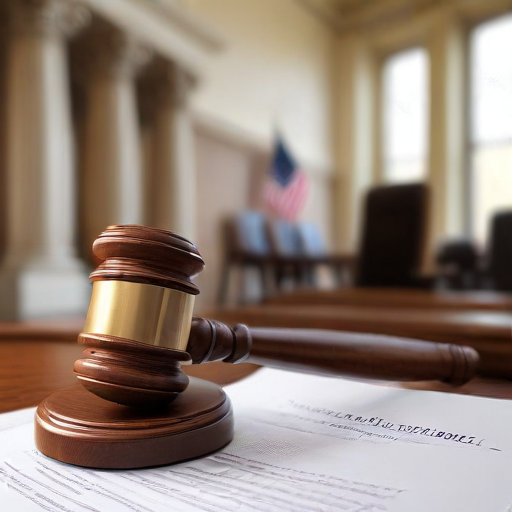Former Representative Matt Gaetz, nominated by President-elect Donald Trump for the position of Attorney General, faces ongoing scrutiny due to allegations surrounding illicit behavior. Despite the absence of any criminal charges against him, calls from lawmakers across both parties are intensifying for the release of a recent House Ethics Committee report said to contain serious accusations regarding his conduct. Gaetz has consistently denied these allegations.
As Attorney General, Gaetz would oversee the Justice Department, which is responsible for prosecuting federal crimes and handling major civil lawsuits. If confirmed, he would manage a large team of attorneys and other staff, guiding the department’s direction in vital legal matters, including cases that reach the U.S. Supreme Court.
Gaetz, who graduated from William & Mary Law School in 2007, has a background in private legal practice before embarking on his political career. He was elected to the Florida House in 2010 and to the U.S. House in 2016, where he became known as a prominent supporter of Trump and an advocate for libertarian values.
The allegations against Gaetz primarily stem from the case of Joel Greenberg, a former friend and tax collector who pleaded guilty to multiple charges, including sex trafficking. Greenberg’s cooperation with the investigation into Gaetz has prompted scrutiny regarding whether Gaetz himself engaged in illegal acts, particularly concerning underage individuals. The Department of Justice concluded its investigation last year without filing charges against Gaetz, a point his representatives emphasize to counter the accusations.
Further allegations involve Gaetz’s potential misuse of campaign funds, improper acceptance of gifts, and inappropriate conduct in the workplace. The House Ethics Committee has interviewed several witnesses and is under pressure to release its findings, especially given the timing of Gaetz’s recent resignation from Congress. Bipartisan calls for transparency indicate a significant interest in understanding the ethical implications of Gaetz’s nomination.
With the Senate set to oversee Gaetz’s confirmation process, reactions among Republican senators are mixed, signaling potential challenges ahead. The confirmation hearings will include witness testimonies and reviews of Gaetz’s qualifications, including scrutiny of the pending Ethics Committee report.
The atmosphere surrounding Gaetz’s nomination highlights the importance of transparency and accountability in government, as lawmakers on both sides seek clarity on the serious allegations tied to his candidacy. Public interest in these proceedings may provide a platform for addressing the broader issues of ethics and integrity in political appointments.
In conclusion, while the accusations against Gaetz are serious, the ongoing investigations and public discussions could pave the way for a more thorough examination of ethical standards within government positions. This could ultimately lead to increased transparency and accountability, fostering a more responsible political environment in the future.
